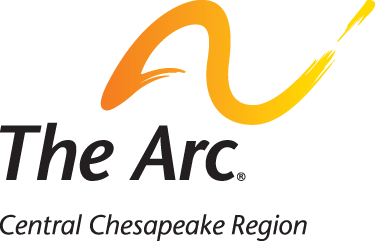The 2025 Maryland legislative session concluded on Monday, April 7, following a challenging 90 days for the disability community. Through the persistent and determined advocacy of self-advocates, families, services providers, and countless community members and partner organizations, the Maryland General Assembly has restored vital funding to the Developmental Disabilities Administration (DDA), preserving essential services for Marylanders with intellectual and developmental disabilities (IDD).
In January 2025, the proposed budget introduced severe cuts to DDA—$194 million in fiscal year 2025 and $457 million in fiscal year 2026. These cuts threatened the supports and services that nearly 18,000 Marylanders with disabilities rely on every day. The legislature responded to the powerful and sustained advocacy from service providers, self-advocates, families, and allies and a majority of funding was restored by the end of the legislative session.
While we didn’t achieve everything we fought for, our collective voices made a difference. The final budget restores a significant portion of the proposed cuts, securing a total DDA budget of $2.7 billion with additional funding to address deficit spending. Though challenges remain, this represents a hard-won step forward in our ongoing advocacy for equity, inclusion, and the fundamental rights for Marylanders with disabilities.
Key Budget Outcomes:
- Protection of Dedicated Hour Funding: While the dedicated hour reimbursement rate will shift slightly from 87% to 86%, no reductions will occur in actual service hours. New budget language protects funding for people requiring these hours due to behavioral, medical, or transitional needs, retirement, or a lack of full-day services.
- Geographic Differential Rates Maintained: Providers in select regions will continue to receive 10% above the base rate to account for regional cost differences, helping maintain a stable provider network across the state.
- Wage Exceptions Capped to Promote Equity: New wage cap policies aim to standardize payroll practices by limiting wage exceptions to 15% above reasonable and customary rates statewide, and 10% in geographic differential areas.
- Preservation of the Low-Intensity Support Services (LISS) Program: $2 million in funding was allocated to the LISS program, which provides flexible family-directed funds, remains intact. A new cap of $1,000 per recipient will ensure more families can access these critical resources.
- Increased Support for Youth and Families: Funding was added for approximately 600 youth transitioning from school to adult services, as well as for emergencies and children aging out of foster care.
Legislative Victories:
- HB31: Secures the right to repair powered wheelchairs by requiring manufacturers to make documentation, parts, software, and tools available to independent repair providers and owners.
- HB450: Requires the Maryland Transit Administration to automatically renew the Disability Reduced Fare Program certification of an enrollee who is permanently disabled.
- HB502: Establishes the Office of Disability Employment Advancement and the Maryland as a Model Employer initiative to improve hiring, recruitment, retention, and advancement of people with disabilities in the State government.
- HB1244: Creates an advisory council for DDA waiver programs to advise on system design, service delivery, and quality enhancement strategies for Medicaid waiver programs operated by the Administration.
This session’s outcomes reflect what’s possible when advocates and policymakers come together.
We will continue to monitor the implementation of these funding restorations and push for further improvements to Maryland’s disability service system. Staying informed and engaged is key to ensuring lasting change.
To stay on top of legislative events like this, please join The Arc’s Newsletter and connect with us on social media.

